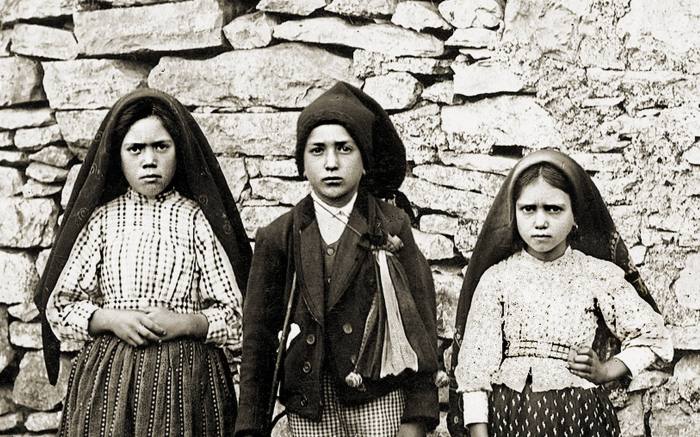Our Lady of the Rosary Family Catechism stands as a cornerstone of Catholic education, providing a comprehensive exploration of the core doctrines, beliefs, and practices of the faith. This catechism serves as a guide for all seeking a deeper understanding of their faith, fostering spiritual growth and guiding ethical decision-making.
Within its pages, the catechism delves into the sacraments, liturgical practices, moral teachings, and virtues that shape Catholic life. It encourages prayer and spiritual practices, nurturing a personal relationship with God. The historical context of the catechism’s development is examined, shedding light on its impact on Catholic education and its significance within the broader Catholic tradition.
1. Catechism Overview

The Our Lady of the Rosary Family Catechism is a comprehensive resource for Catholic faith formation, providing a systematic and accessible presentation of the teachings and beliefs of the Catholic Church. Its purpose is to guide individuals and families in deepening their understanding of the faith, nurturing their spiritual growth, and living out their baptismal call.
The catechism is structured into four parts, each covering a specific aspect of Catholic life and teaching: the Creed, the Sacraments, the Commandments, and Prayer. It is intended for use by individuals of all ages, from children to adults, and can be used for personal study, group discussion, or formal catechesis.
2. Core Doctrines and Beliefs

The Our Lady of the Rosary Family Catechism presents the core doctrines and beliefs of the Catholic faith in a clear and engaging manner. These teachings include the Trinity, the Incarnation, the Redemption, the Resurrection, and the Second Coming. The catechism emphasizes the importance of these beliefs for understanding the nature of God, the purpose of human life, and the path to salvation.
The catechism also addresses contemporary issues and challenges, such as the role of science and technology, the importance of interfaith dialogue, and the need for social justice. It provides guidance on how to apply Catholic principles to these issues and live out the faith in a changing world.
3. Sacramental Life and Liturgy
The Our Lady of the Rosary Family Catechism places great emphasis on the sacraments and liturgical practices of the Catholic Church. It explains the nature and significance of each sacrament, including Baptism, Confirmation, Eucharist, Penance, Anointing of the Sick, Holy Orders, and Matrimony.
The catechism also provides a detailed overview of the Catholic liturgical calendar, including the major feasts and seasons. It explains the symbolism and meaning of liturgical rituals and gestures, and how they help to express and deepen our faith.
4. Moral Teachings and Virtues

The Our Lady of the Rosary Family Catechism presents a comprehensive overview of Catholic moral teachings, based on the Ten Commandments and the teachings of Jesus Christ. It addresses a wide range of ethical issues, including abortion, euthanasia, marriage and family life, social justice, and economic ethics.
The catechism emphasizes the importance of living a virtuous life, and it provides guidance on how to cultivate virtues such as love, chastity, temperance, fortitude, justice, and prudence. It also addresses the role of conscience and the need for personal discernment in making moral decisions.
Question & Answer Hub: Our Lady Of The Rosary Family Catechism
What is the purpose of Our Lady of the Rosary Family Catechism?
The catechism aims to provide a comprehensive overview of Catholic faith and practice, serving as a guide for catechesis, religious education, and personal spiritual growth.
What are the core doctrines and beliefs presented in the catechism?
The catechism covers a wide range of doctrines and beliefs, including the Trinity, the Incarnation, the sacraments, and the moral teachings of the Church.
How does the catechism emphasize the importance of prayer and spiritual practices?
The catechism encourages various forms of prayer and spiritual practices, such as the Rosary, meditation, and adoration, as means of fostering a personal relationship with God.